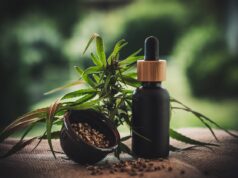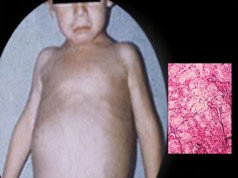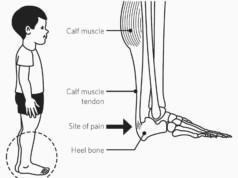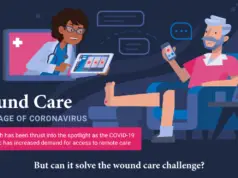In 2014, Dewayne Johnson was diagnosed with non-Hodgkin’s lymphoma. The California school groundskeeper, after prolonged use of Roundup Pro and Ranger Pro glyphosate-based herbicides, filed a complaint and headed to a jury trial against the Monsanto company, the manufacturer of these products.
This trial would highlight questions about just how safe these chemicals are that we are treating our farmlands, gardens, and lawns with, and who exactly gets to to define what is “safe” or not.
By August 2018, the jury presents a verdict in favor of Johnson over Monsanto. He is awarded $250 million in punitive damages (since significantly downgraded), but the implications of this trial results mean more than just money.
Since the 1990s, glyphosate exposure has increased up to 500% in some areas, with agriculture workers and groundskeepers just like Dewayne Johnson at the highest risk of exposure.
Homeowners and casual gardeners are also exposed to moderate levels of glyphosate while individuals consuming non-organic, commercially grown food are art the lowest risk of exposure.
Glyphosate is a powerful herbicide; the chemical prevents plants from growing by blocking an enzyme pathway that prevents plants from making proteins that are needed for growth, but unfortunately can’t tell the difference between good and bad organic material.
The solution comes from genetically modified crops like the Roundup Ready seeds that are resistant to the effects of glyphosate. As a result, 94% of our cotton and soybeans, and 92% of our corn is genetically engineered to be herbicide-tolerant, or “Roundup-Ready”.
In July 2017, California adds glyphosate to Prop 65 as a chemical “known to cause cancer,” citing a report from the International Agency for Research on Cancer, or IARC.
While at this point the the Johnson v Monsanto case was still ongoing, Monsanto and other agriculture groups sued California over its plans to add cancer warning to products containing glyphosate content.
The working group evaluations from the IARC classified glyphosate as “probably carcinogenic to humans” – but not every agency study found similar evidence and many of them in fact, showed contrary results.
According to both the EPA and NIH, no apparent association between glyphosate and any solid tumors has been identified, meaning that glyphosate is officially classified in the United States as “not likely to be carcinogenic to humans.”
Awaiting results from the National Toxicology Program, or NTP, first phase results show however that glyphosate formulations (the herbicides) resulted in 25-50x more cell death than glyphosate alone.
While final study results will be released by mid-2019, these preliminary studies seem to suggest that it could be the effects of glyphosate formulations themselves that show this cell impact, rather than the glyphosate itself.
Whether glyphosate is actually “safe” or not, it’s already the world’s most popular weedkiller. More research is required to really understand its impacts on human health but until then it will likely remain an essential agricultural tool.
Take a look at this infographic for more detail on the Johnson vs Monsanto case, how far we go to ensure our crops survive, and why further impartial research is needed to reach working conclusions.













